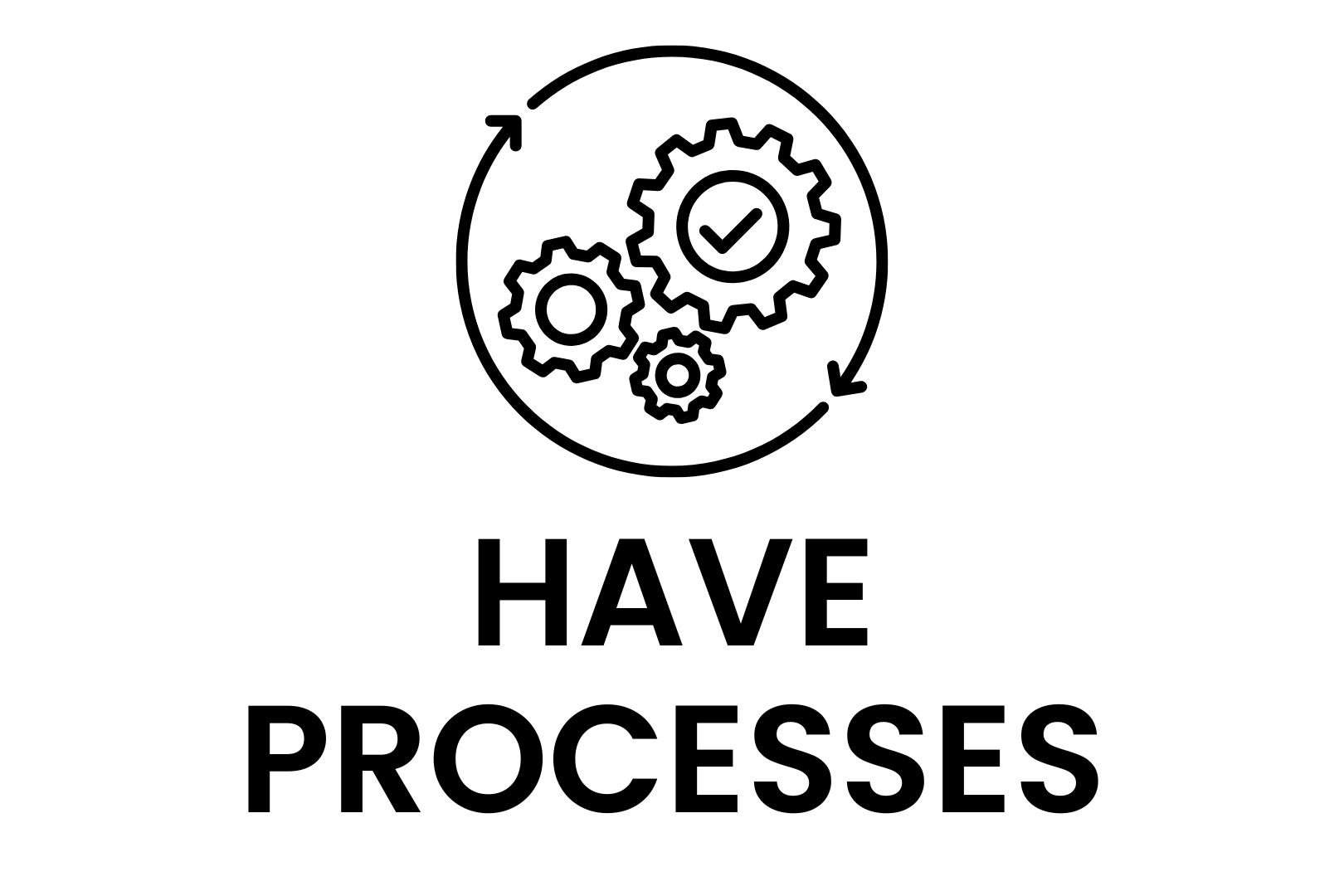How to Transition from Jobsite Operator to Strategic CEO

If everything in the business runs through you, growth is going to hit a wall. Estimates, job walks, material approvals, client calls—if your name is tied to every step, then the business depends on your availability, not its own systems.
You started the business with grit, skill, and a drive to do things right. But now it’s time to ask a harder question: Is your involvement slowing things down instead of speeding them up?
Key Takeaways
-
Doing more yourself doesn’t fix the bottleneck—it is the bottleneck
-
Letting go of control creates space for scale
-
You grow the business by building the system, not by being the system
Signs the Business Can't Run Without You
When the day starts with field texts and ends with after-hours invoicing, it’s easy to confuse busy with productive. But if crews can’t get started until you approve something, or jobs stall when you’re not around, you’re the bottleneck—even if it doesn’t feel like it yet.
If estimates pile up because only you can quote, or decisions get delayed because everyone’s waiting on your call, then it’s not a scalable company. It’s a one-person engine. And that engine burns out fast.
The Mindset Shift: Operator to CEO
What worked at $1M won’t work at $5M or $10M. As the business grows, your job isn’t to do more—it’s to do different. Your value doesn’t come from being involved in every task. It comes from creating the environment where the work gets done without you.
That shift means stepping out of the weeds and into a role focused on direction, systems, people, and margin. Instead of solving the same problems daily, start building repeatable solutions that others can run.
You don’t stop caring about quality—you stop being the only person ensuring it.
Building Systems That Replace You
Every successful transition starts with repeatable systems. If something happens more than once, it should live in a process. That applies to estimating, job costing, project handoff, client updates, change orders, and financial reviews.
Start documenting how jobs get sold, staffed, and closed out. Make roles clear. Train others to make decisions using the same standards you’ve built over the years.
The goal isn’t to disappear. The goal is to stop being the business—and start owning the business.

What to Focus on Next
Once you’ve stepped out of day-to-day operations, your energy shifts to high-leverage work. That means refining your pricing, protecting margin, forecasting cash, strengthening your backlog, and hiring leaders who can lead others.
The more time you spend in strategic thinking—like evaluating which jobs are actually profitable or what your labor capacity looks like 90 days out—the better the business runs, with or without you on-site.
You don’t need to grow bigger just to stay busier. You need to grow smarter so the business runs cleaner.
Step Back, Scale Forward
You don’t need more hours in the day. You need a business that doesn’t fall apart when you take one off. The only way to scale with sanity is to move from being the hands to being the brain.
When the company runs on systems, not just hustle, everything gets easier: profit, hiring, client relationships, and quality of life. It’s not about letting go of control—it’s about building control into the business.
Ready to stop being the bottleneck in your construction company?
Book a Strategy Review and get a clear plan to free yourself up and grow with confidence.


